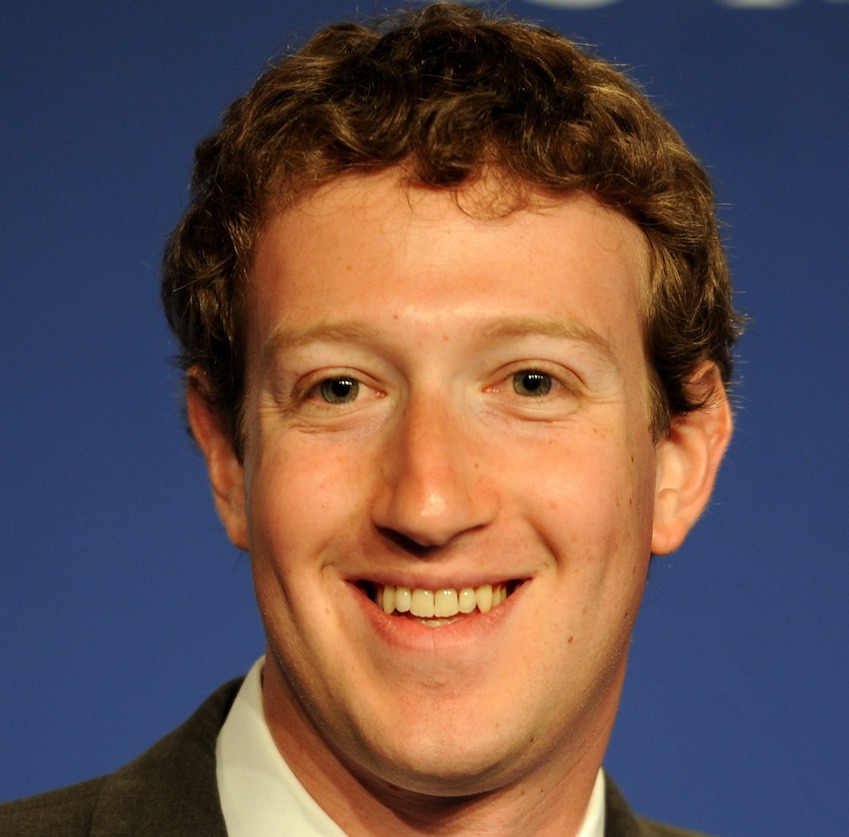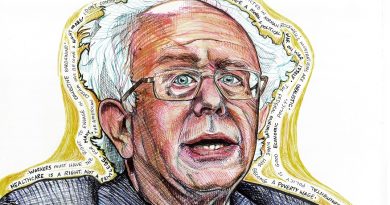Opinion: Facebook shouldn’t flag fake news
The real news has been talking about “fake news” for a while now. As science writer Brooke Borel points out on FiveThirtyEight, “We’ve used this phrase so many times in the past two months that it’s almost lost meaning.” Borel goes on to discuss how fake news has a broad number of definitions, ranging from actual fabricated news, to satire, to biased reporting.
Writers often cite “Pizzagate” — a conspiracy theory that claims Hillary Clinton patronizes a child sex ring hidden inside a pizza place — as a classic example of fake news. Except it isn’t. It’s a conspiracy theory that was first developed on internet forums Reddit and 4chan and it’s based on emails to and from Clinton’s campaign manager John Podesta.
Last time I checked, while online discussion and research may qualify as journalism, neither Reddit nor 4chan have ever portrayed themselves as official news sites. Sure, some fake news sites fanned the flames, but Pizzagate is a flawed theory based on real evidence, not a complete fabrication.
More frighteningly, the term “fake news” has turned into a buzzword that people of every political persuasion use to attack whatever they don’t like. If you ask Twitter, comparisons of Trump to Hitler, statistics about Obamacare, and poorly written CNN headlines are all fake news. This highlights the appeal of fake news: Many Americans have lost trust in the mainstream media and other establishment institutions. Even if a story is completely fabricated, it may resonate with its audience in a way that a factually correct one may not. It may validate their feelings of having been ignored and neglected by institutions they were taught to trust, as well as validating their political biases.
Many have blamed Facebook for the fake news “epidemic,” choosing to blame the medium rather than the stories themselves — or the people who believe them. After all, fake news isn’t new. Lies and sensationalism are older than journalism itself.
In response, Facebook outlined a plan to use third-party fact-checkers to to flag stories as “disputed” and push them lower in users’ news feeds.
But some see fact-checkers as politically biased liars. Ben Kew, an author on the Breitbart website, argues that the fact-checkers Facebook will rely on — such as Snopes and Politifact — are too partisan to be reliable. If someone who does not trust these fact-checking sources sees a story fact-checked by these organizations, they will probably just ignore the notice.
While fact-checking is crucial in identifying hoaxes, the truth is often not black and white. Whether something is true depends on how you look at it, which opens up room for political bias to creep in. Such potential — the power to decide what counts as truth — is dangerous in the hands of an organization as powerful as Facebook. Writing for the New York Times, Jessica Lessin points out that Facebook is required to generate profits for its stockholders, and may manipulate its fact-checking in order to earn more money.
Can we trust Facebook? The company tracks the browsing habits of its users, as well as secretly tracking people without Facebook accounts. It flouted a number of research ethics guidelines while secretly experimenting on users to manipulate their emotions. As the Free Thought Project reports, Facebook has a history of censoring political topics. The company banned the prime minister of Norway for posting a famous photograph of a 9-year-old girl fleeing a napalm attack during the Vietnam War, and removed a photo of civil rights activist Rosa Parks’ arrest. The Israeli government has worked with Facebook to monitor and censor Palestinian activists, even blocking Palestinian news organizations Quds and Shehab New Agency.
Facebook has developed a censorship tool in the hopes of becoming unbanned in China. It blocked media collective Unicorn Riot’s livestream of police brutality at protests against the Dakota Access pipeline, as well as a video of the shooting of Philando Castile. After WikiLeaks published Democratic National Convention documents and a database of Hillary Clinton’s emails, Facebook prevented users from posting links to these documents. Facebook blamed it on an error in its anti-spam filter, claiming to have fixed the problem in July.
President-elect Donald Trump, who thinks “we need to talk about closing up the internet,” will soon take office. He may persuade Facebook to flag or censor stories that criticize his administration, and use its actions taken against fake news to justify it.
We can’t expect Facebook to do our homework for us. When someone lies in person and you believe it, do you demand regulations on the act of speech? Ultimately, the responsibility to distinguish between reliable and unreliable sources lies with readers. Expecting corporations to tell us what is and isn’t true takes away both responsibility and power from everyone else.





